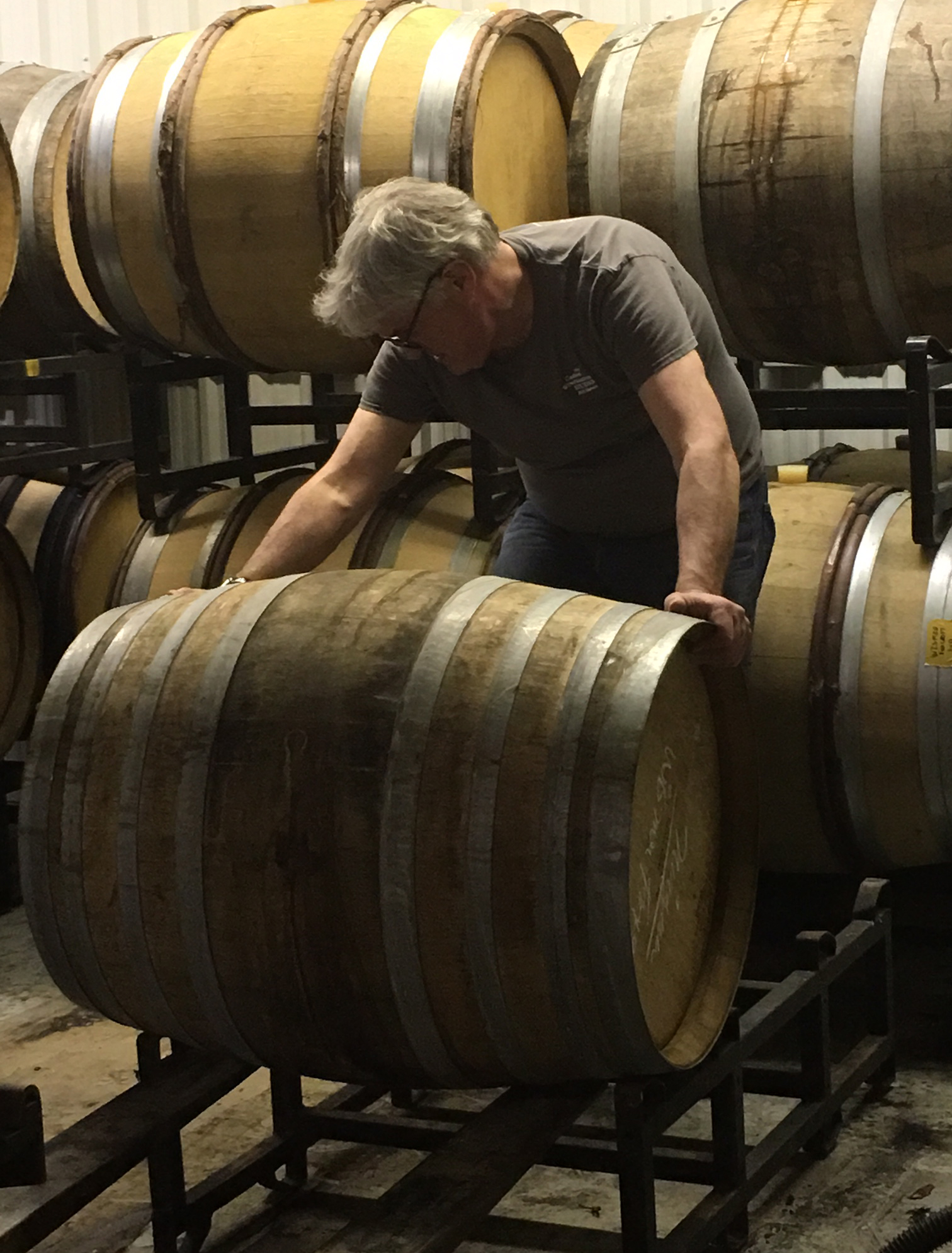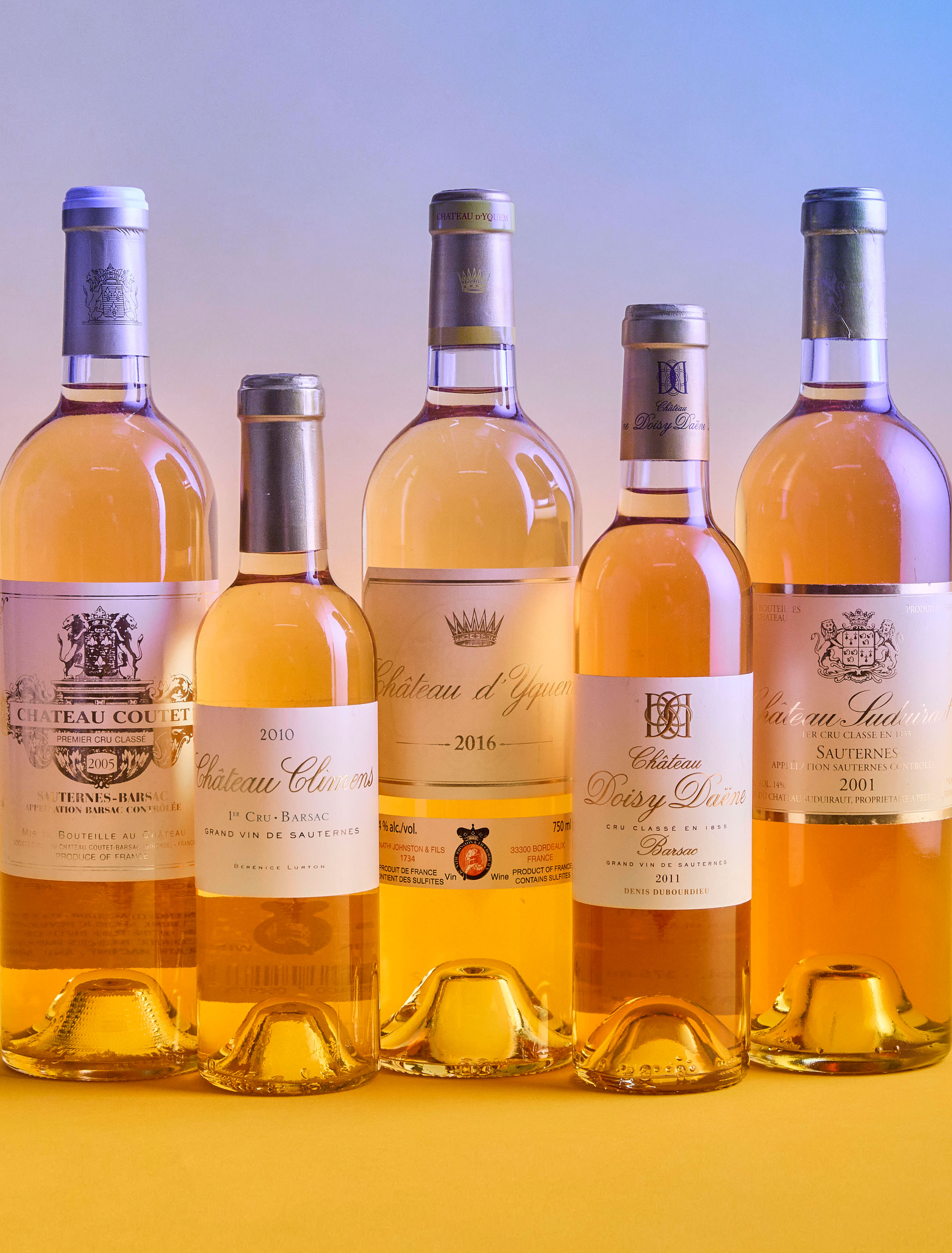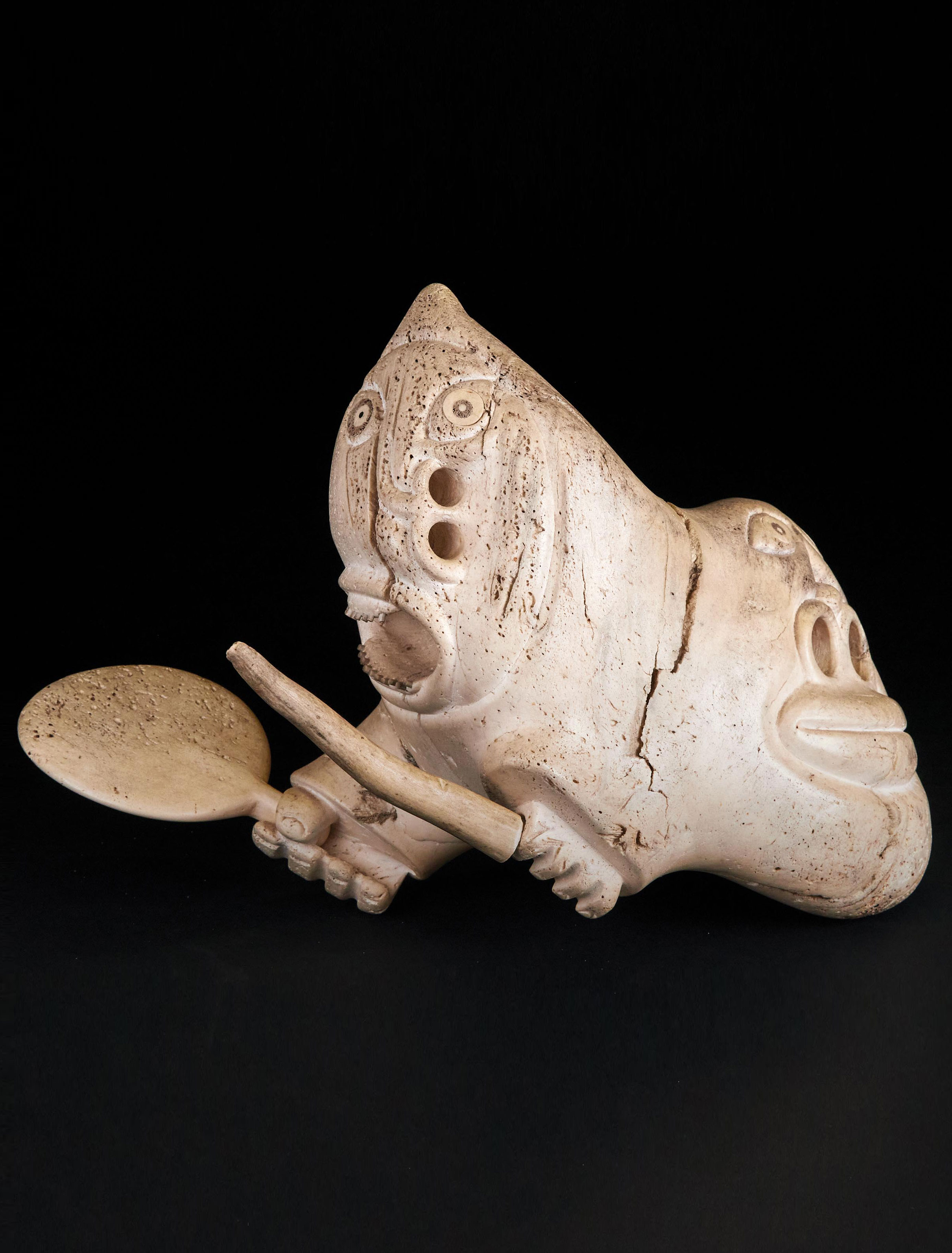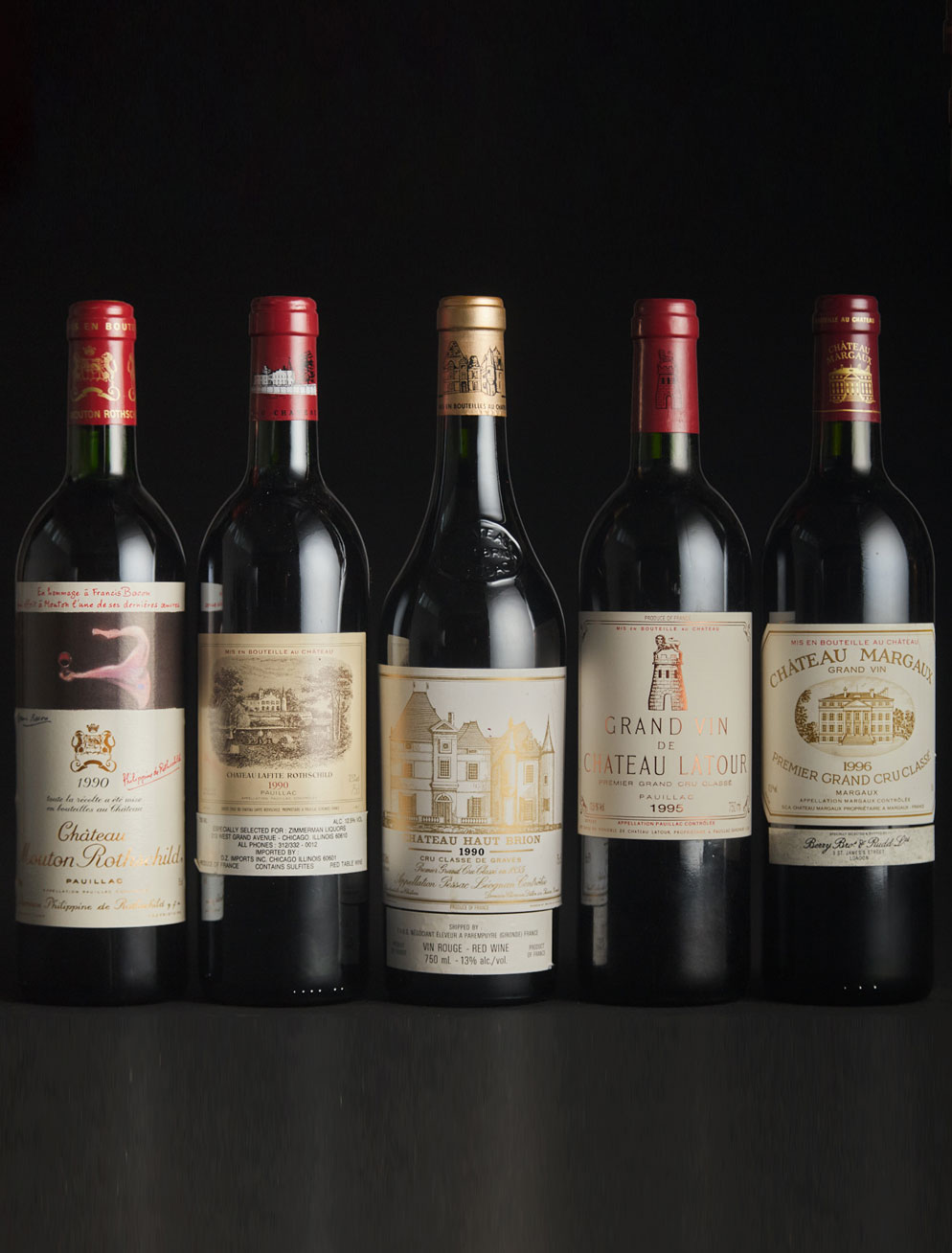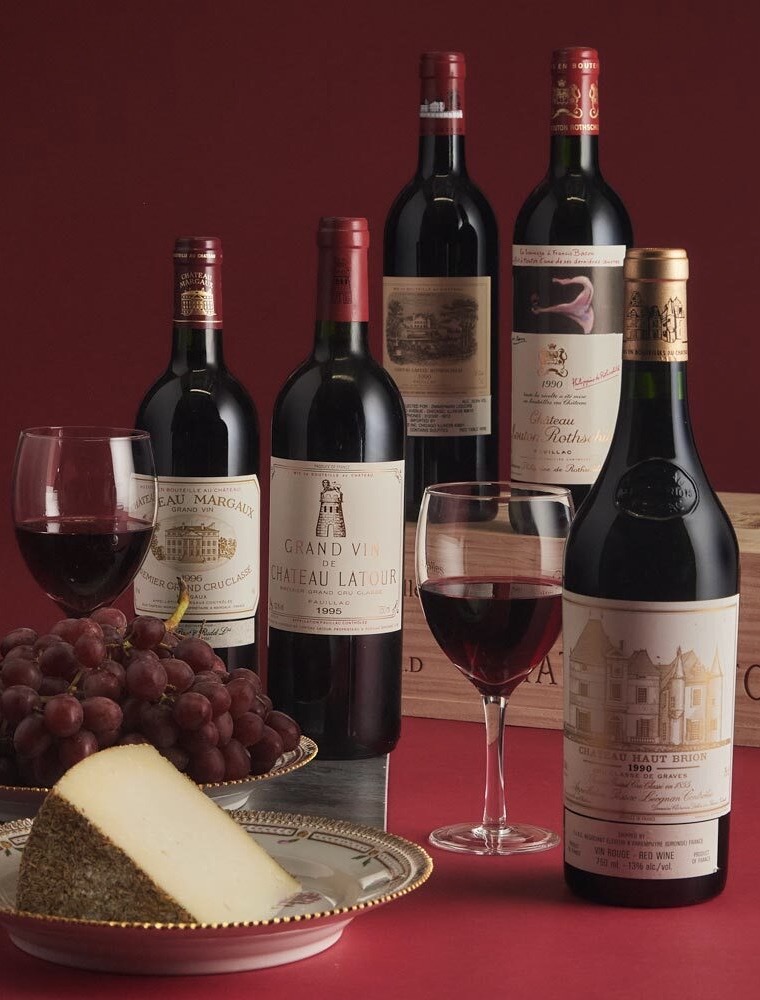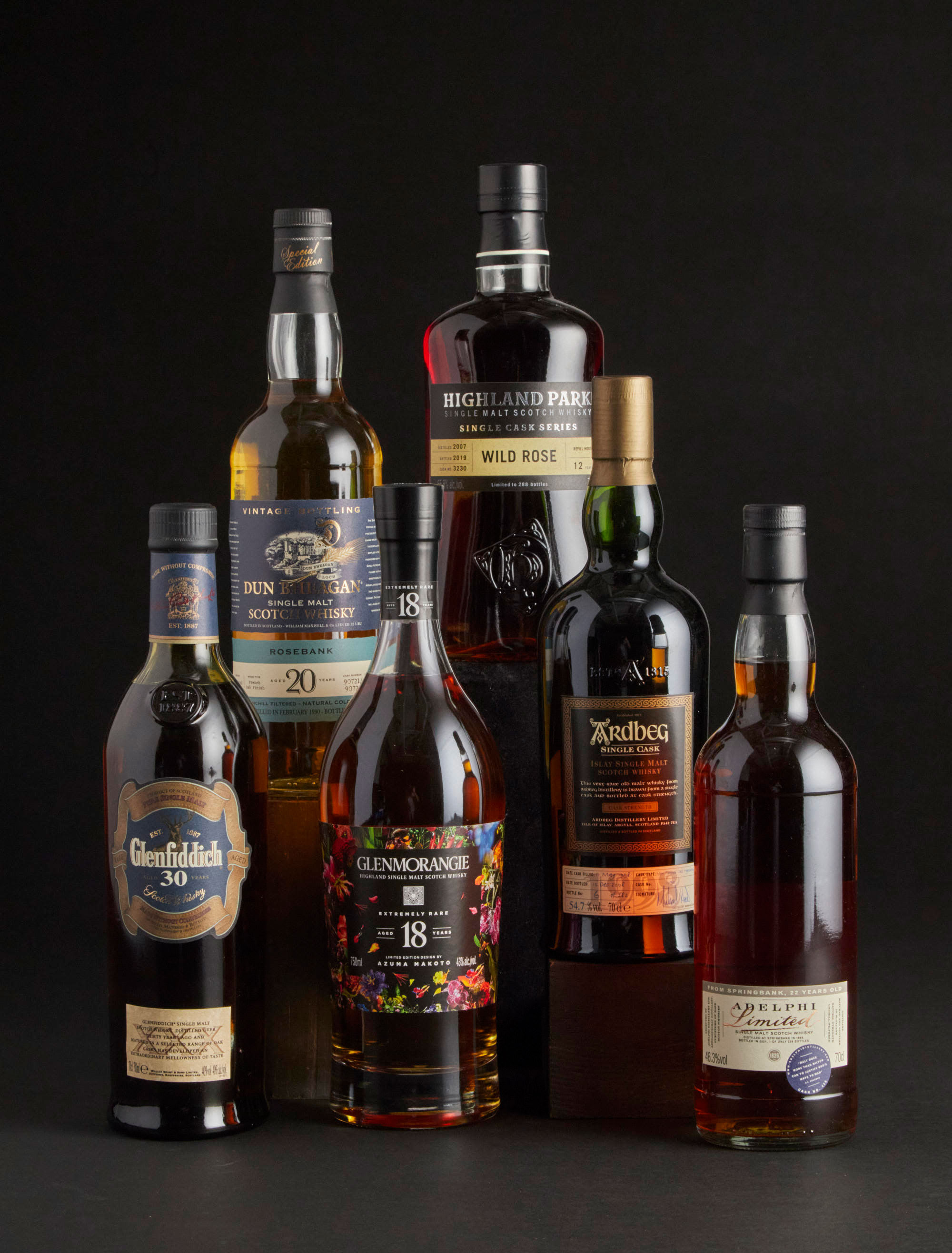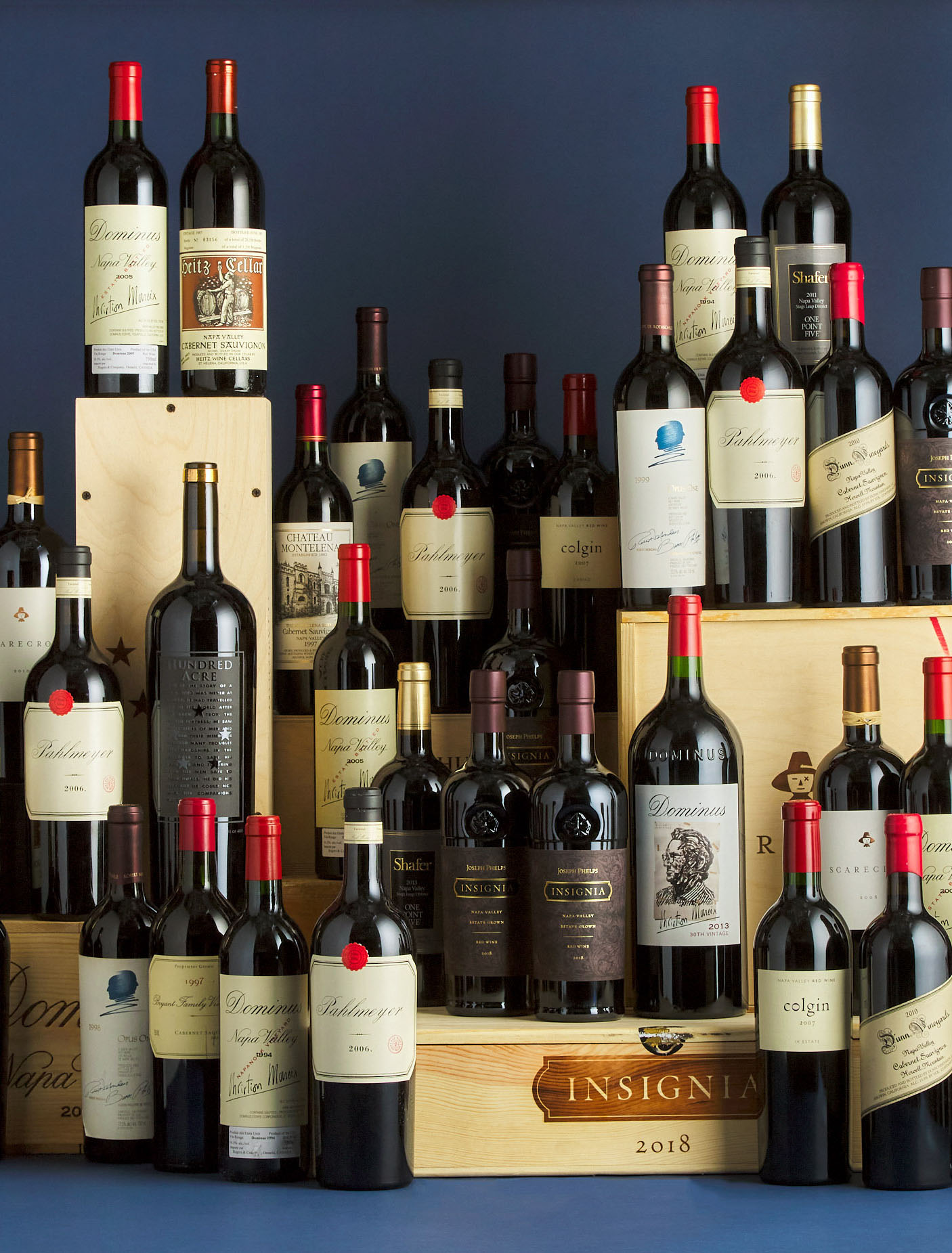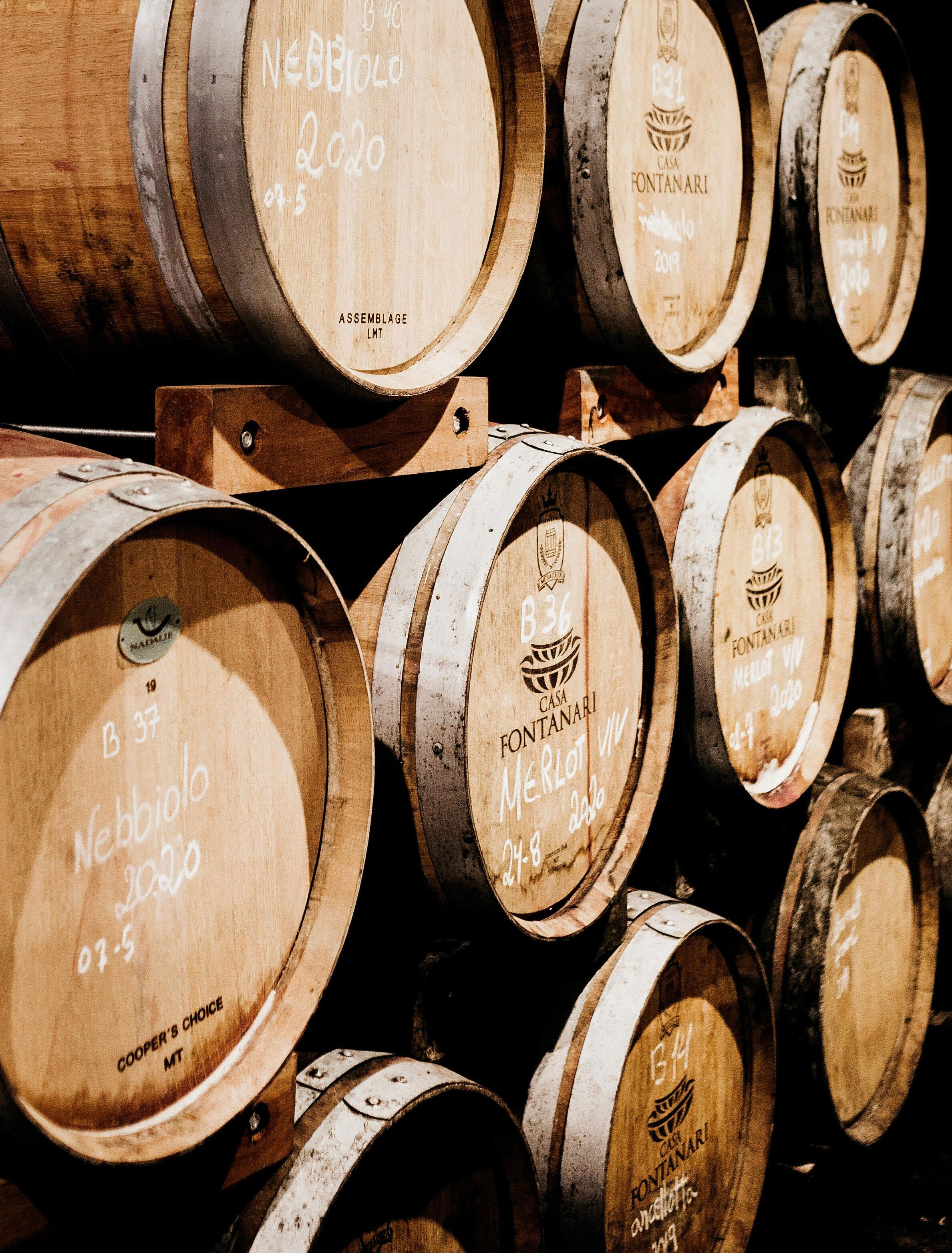Chances are you’ve heard of Macallan…
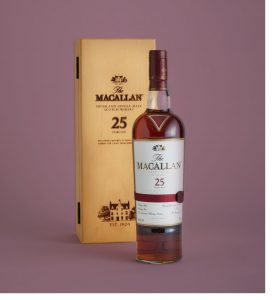
Perhaps you’ve ordered it in a bar. Or perhaps you’ve read that Macallan holds the distinction of being the most expensive whisky ever sold.
Herein lies the magic of Macallan: a distillery capable of producing both great entry-level Scotch as well as the some of the most sought-after spirits for serious collectors.
THE HISTORY
The Macallan Distillery was founded in 1824 by Alexander Reid, a schoolteacher and barley farmer, a year after the Scottish Excise Act made distilling legal. The original name of the area where the distillery was established was “Maghellan,” from the Gaelic word “magh”, meaning fertile ground and “Ellan”, derived from the name of St. Fillan. St. Fillan was an Irish monk who travelled extensively throughout the 700s promoting Christianity and was closely associated with the church that previously stood on the Macallan Estate.
The 485-acre Estate is located on a plateau above the river Spey in northeast Scotland, an area with a long and rich tradition of making whisky from surplus barley. Reid started his business modestly and the first batch was made in a woodshed in just two pot stills.
In 1892, the distillery was under the management of Roderick Kemp, who set up a family trust. From the 1950s onwards, the Macallan operation has been greatly expanded. By 1968, Macallan was publicly traded on the London Stock Exchange. By the end of the 1990s, the family’s interests had been sold to various companies, including Highland Distillers and the Japanese company Suntory. Today, the company is entirely owned by Edrington, who count Highland Park, The Glenrothes and The Famous Grouse among its portfolio.
THE WHISKY
Macallan differentiates itself from other whiskies largely through the particulars of its ingredients, technique and equipment. Beginning with pure Scottish water, top quality barley and yeast, Macallan produces what is known as single malt whisky. Single malt means that the malt whisky has been produced at only one distillery, rather than being a blend from multiple locations. Macallan was one of the first to see the potential of branding its whisky as such, which it did beginning in the 1970s. The company has stayed true to this vision, opening a wildly expanded new facility in 2018 on the same estate where Macallan has always been made. Unlike Alexander Reid’s original two pot stills and a woodshed, the operation now produces 15 million litres of spirit each year, with a goal of quadrupling that output within 25 years.
Another hallmark of Macallan whisky is their use of—to use their catchphrase—”curiously small stills.” Among the smallest copper pot stills on Speyside, their unique shape and size results in more surface-area contact between the spirit and the copper of the pot. This increases the depth and richness of the distillate, helping to concentrate the rich, full and fruity flavours of Macallan. The distillery currently has 24 copper spirit stills, each holding an initial volume of 3900 litres.
From that initial batch, Macallan’s distillers will only use a tiny ‘cut’ or portion of the distillate—about 16% of the alcohol that they are evaporating—to create a clear, colourless alcohol. Macallan takes a very small cut relative to their competitors, using only the finest distillate. At just under 70% alcohol by volume, this spirit is the starting point for all Macallan products.
About the Casks
The casks used in the production of Macallan are a particular source of pride. Macallan employs its own Master of Wood, whose job it is to source the best oak for the 200,000 barrels required each year. The majority of Macallan’s oak is sustainably sourced from Europe and North America, with the bulk being from Spanish forests. From this wood, barrels are shaped and air-dried at a cooperage in Spain according to very particular specifications. Most of the barrels are then seasoned with Oloroso sherry for 18 months. Macallan believes that the incomparable quality of their oak casks accounts for up to 80% of the final aromas and flavours of their whiskies and is what defines their product. They note that their process is more extensive—and expensive—than that of any other distillery.
The wood of a cask not only imparts flavour but is also responsible for the colour of a quality whisky. Often, those new to the world of whisky will judge a spirit based its colour, assuming that the deeper the colour, the richer the product in the glass. Unfortunately, some producers amp up that hue using caramel colouring. Macallan skips this step, abstaining from the use of artificial coloration. All colour in a Macallan whisky derives naturally from the woodin which the spirit was matured—meaning their whiskies range from light oak to darkest mahogany. These natural colours remain ‘fixed,’ meaning that they will not fade in bright sunlight, as artificial colours will. It is the job of the master blenders at the distillery to try and keep colour as consistent as possible from batch to batch without the help of food dyes or coloring. This results in a product that is as natural as possible with tremendous stability and longevity.
WHY INVEST IN MACALLAN?
While there’s no such thing as a sure thing, the overall market for rare whisky has shown growth for nearly a decade, despite periods of economic uncertainties. The Telegraph notes that rare bottles and casks have increased in value by around 20%, with a bottle of 1926 Macallan single malt currently holding the world record price at auction.
The Knight Frank Rare Whisky 100 Index, which tracks the auction prices of fine spirits, cited whisky as the best-performing collectable throughout 2018, rising in value by 40%.
Benjamin Lancaster, a senior cask broker with the London firm VCL Vintners, explained that some of the older casks of Macallan on the market are “widely accepted to be the number-one investment-grade whisky available in the world today.”
Bottled whisky is relatively easy to store, and can be maintained almost indefinitely if kept properly—away from light and within a temperature-controlled environment.
A story to nicely illustrate the collectible value of good whisky emerged earlier this year. A rather prescient father bought his son one 18-year-old bottle of Macallan each year for his birthday. He spent around £5,000 total, and gave strict instructions that they never be opened. The son, now 28, was able to auction this “perfect set” of bottles for around £40,000, netting himself a down payment with which to buy his first home.
FIND OUT MORE
We invite you to browse a selection of Macallan whiskies in the last Fine Spirits auction of the year, alongside other wonderful bottles in the full catalogue.
We also invite you to peruse our Fine Wine auction.
Both auctions run online from November 23 – December 1.
We are always delighted to answer any questions you may have about current offerings, how to buy, building a collection, or consigning wine and spirits.
Please contact Joann Maplesden at 416-847-6182 or [email protected] or
Devin Hatfield at 416-847-6181 or [email protected]
Related News
Meet the Specialists
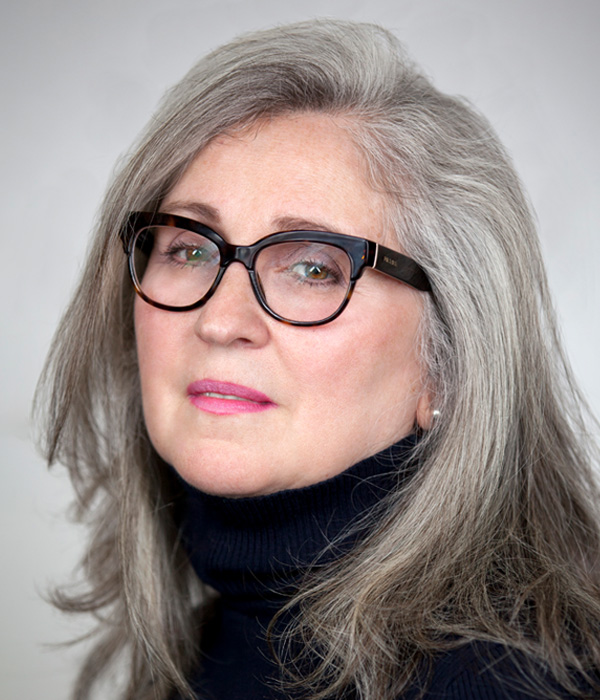
Joann Maplesden
Senior Specialist

Devin Hatfield
Specialist



